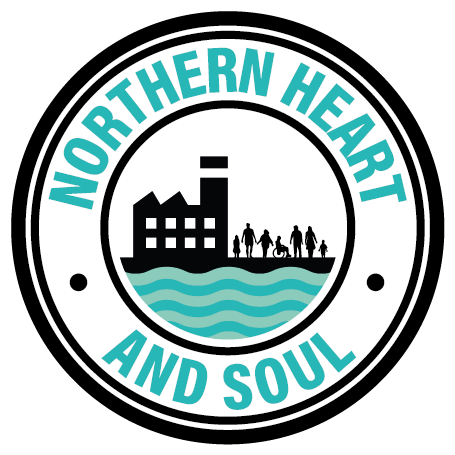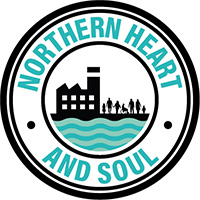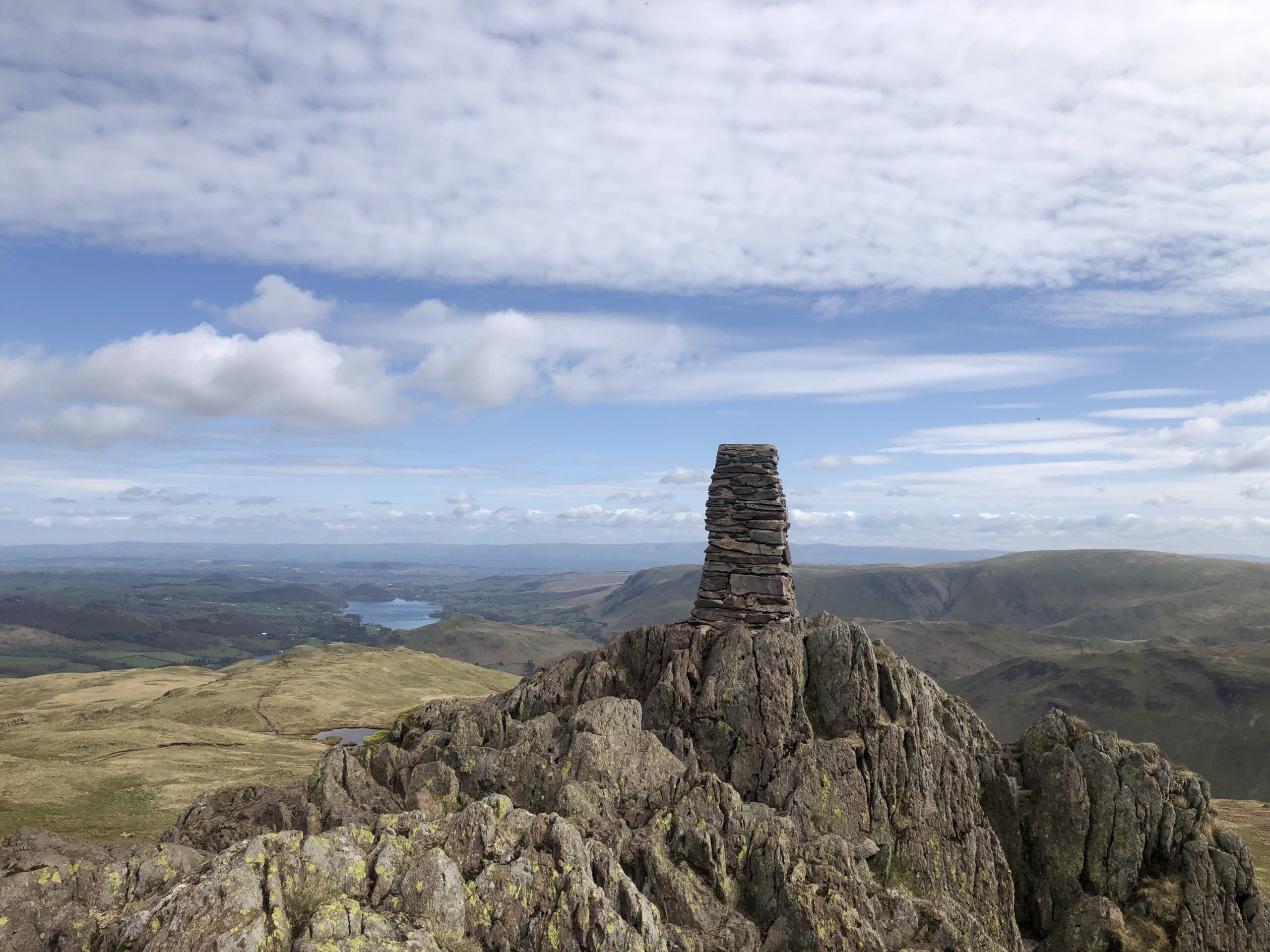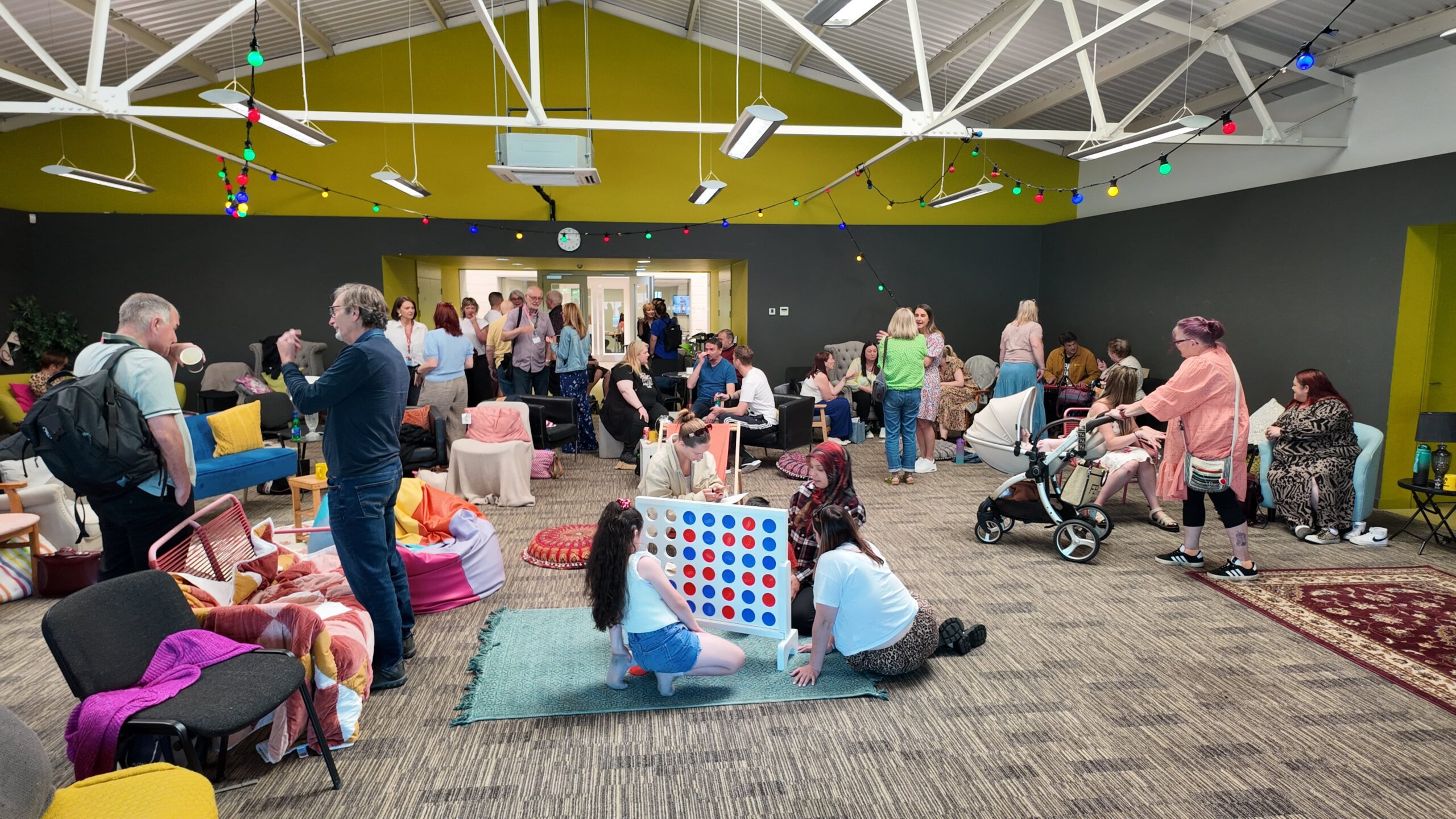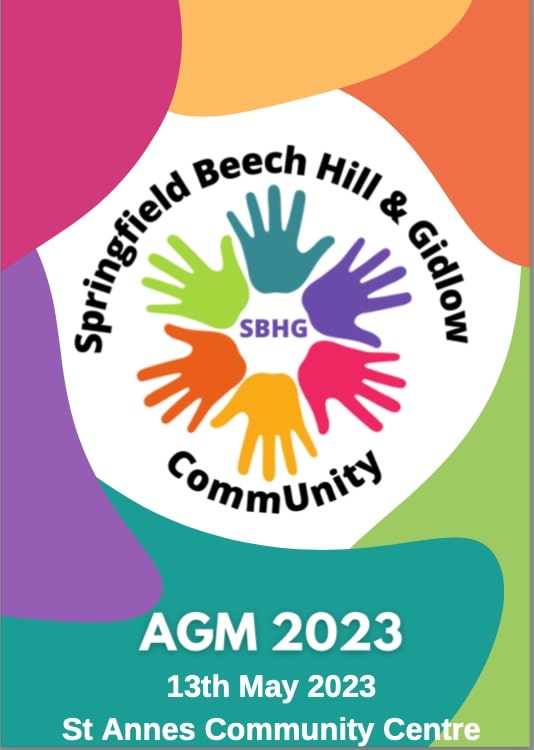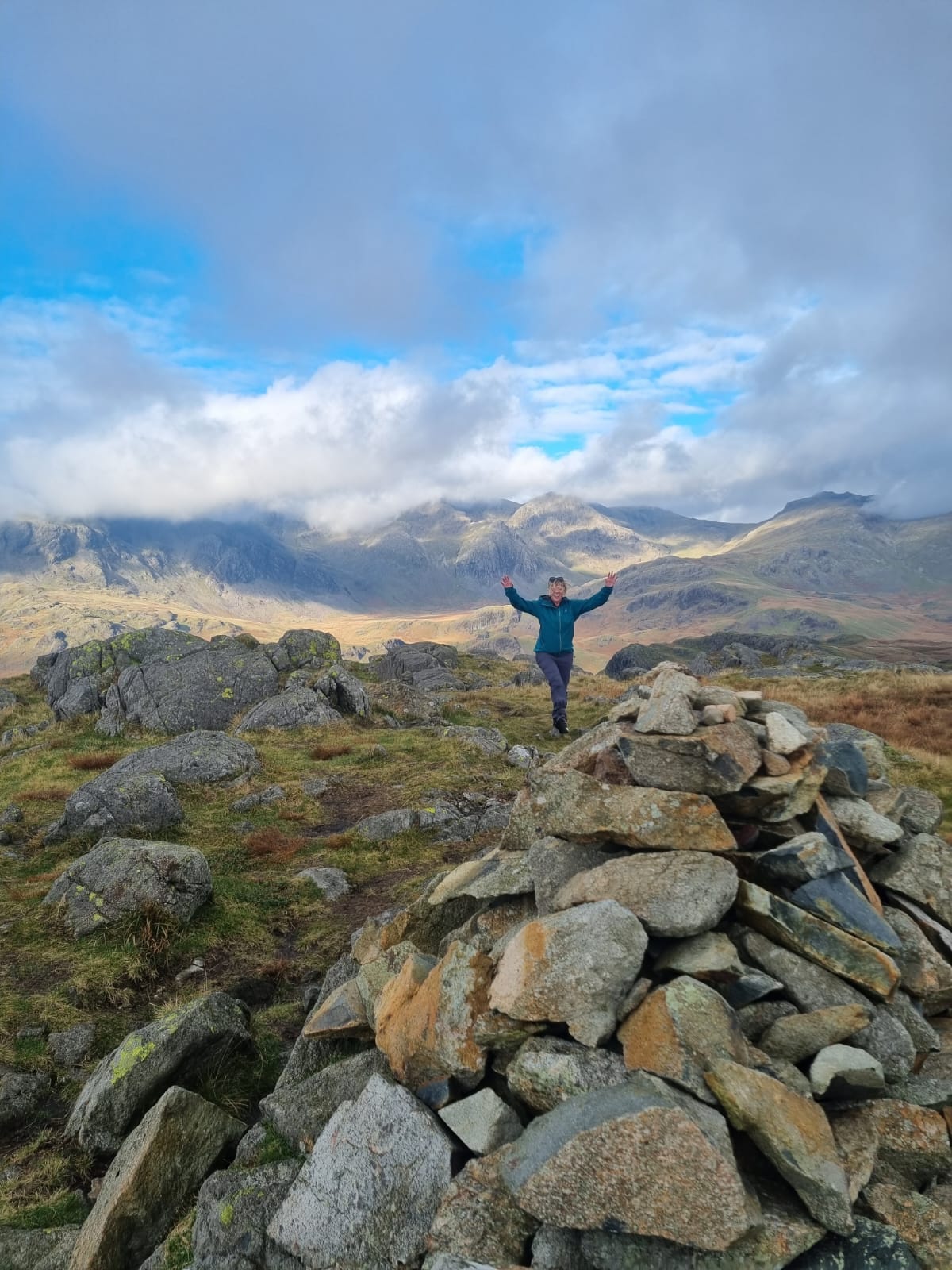
The Practice of No
At the ripe old age of 54, I think I’m becoming more comfortable saying ‘no’. Thanks I think in part to the 12 month programme with Peter Block and Peter Pula exploring Blocks book Confronting Our Freedom. And hearing consistently, over recent years, ‘your yes means nothing if you can’t say no.’ I think it was Cormac Russell who first introduced me to the phrase on ABCD training.
Combine that with understanding myself better and the personal work I’ve undertaken within collective practice, often held by Colette Power, and / or, in the company of tremendous folk involved within Greater Manchester System Changers to enable me to better understand my own stories and need for affirmation and praise.
I think that’s why I find it much easier these days to say yes to staying small and local and focussing on the local demonstration work. When I spend time in contemplation, I realise it’s all I’ve ever wanted to do. I’ve always preferred circles to triangles.
When I think about my work over the years and what’s got in the way of making real collective shifts then I notice that I often feel regret in the air, in the pit of my stomach and around the heart space.
It takes me to wondering what might have happened if I’d have said no to adding on an additional ‘demonstrator’ when managing the public service reform work in Wigan? If I’d have resisted the ‘political’ request to have another scheme in the Leaders ward. If I’d have stood by my guns and said, this work is not ready. We haven’t demonstrated anything yet. Why scale?
What might have happened if I’d have said no to the gifting of additional responsibilities in order to protect me from the next round of cuts? “Take on these new services so that you’re safe in terms of job evaluation.” Do this in addition to this work that really needs your full attention.
What if I’d noticed each time I said yes it was also fulfilling my own need for affirmation?
What if my decision making process hadn’t needed to be influenced by paying bills and parenting responsibilities?
What if eh?
There’s something about the direction of travel of Lankelly Chase Foundation that’s enabling a different way, where those realities, that may have emerged had there been more No’s, might exist.
I’m not sure where this saying no practice might take me, but if feels the yes always travelled to scale and fail.
Where might ‘no’ and go slow and deep take me and us?
